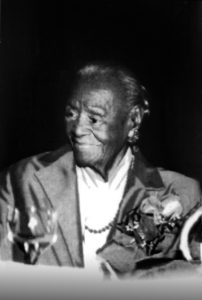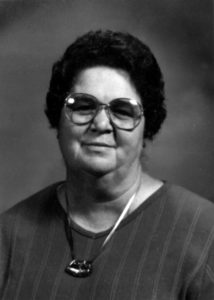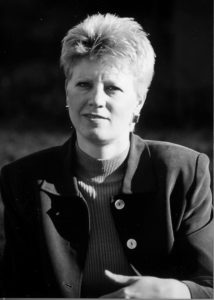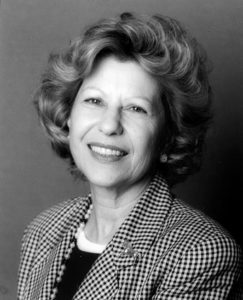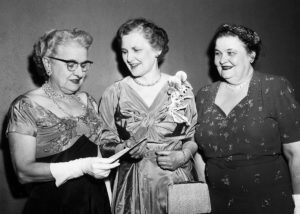
Women of Achievement
1999
HERITAGE
for a woman whose achievements still enrich our lives:
Lucille DeVore Tucker
Lucille DeVore Tucker discovered what was to become the passion of her life on a visit to friends in Bethlehem, Pennsylvania, in 1946.
The Girls Club of Bethlehem, a new affiliate of Girls Clubs of America, was the focus of her friends’ volunteer efforts. A visit there inspired her to return home to Memphis and begin a project that would eventually enrich the lives of more than 150,000 girls, and still counting.
She encouraged others to support this new project designed to change the lives of girls in Memphis. Girls Club of Memphis, which is now Girls Inc., was opened later that same year.
Throughout the club’s many changes, Lucille Tucker was always there, supporting the staff and girls with her time, talent and fundraising efforts. Even after she stepped down as president in 1964, she remained active and involved until her death in 1983.
She often mentioned the blessing that people missed by being concerned about color rather than hearts and minds, and she shared this philosophy with girls her entire life. She regularly shared her home with girls who needed a temporary place to stay and connected them to jobs and education.
She worked with New York Life Insurance Company for more than 50 years, and was so respected and loved that the top executives of the company flew to Memphis for her retirement party in 1971.
At the party, it was announced that the Girls’ Club center at Seventh and Keel was to be named the Lucille DeVore Tucker Center, in honor of a woman whose accomplishments have continued to enrich the lives of girls for more than 50 years.


